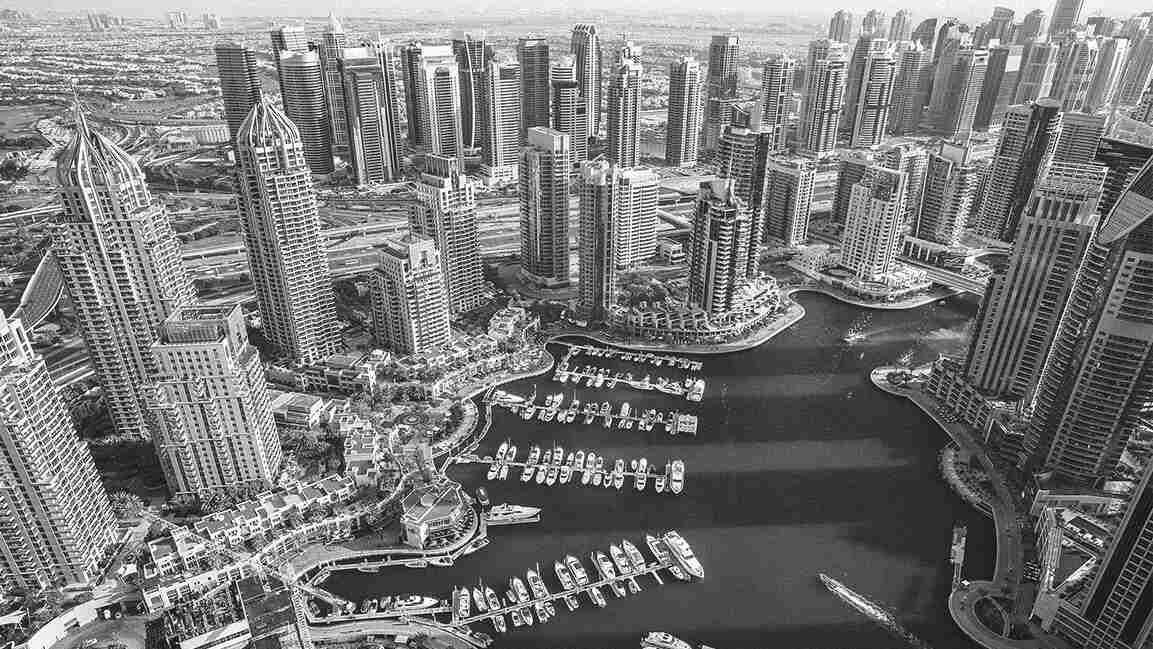- | 10:00 am
Is Dubai’s high-end housing market maturing?
Dubai’s luxury real estate market is entering a mature, sustainable phase after record-breaking growth, with steady demand and strong international interest signaling stability rather than slowdown.

Dubai’s luxury residential market is undergoing a shift as it moves from a period of hyper growth to a more sustainable and stable phase. After a record-breaking start to the year, the luxury sector is now exhibiting signs of maturity, according to the latest Q3 2025 Market Report from Betterhomes.
In the third quarter of 2025, the city saw 737 luxury property transactions, each valued at AED 15 million or more. This marked a natural recalibration following the unprecedented performance in the first half of the year, reflecting ongoing confidence in Dubai’s long-term appeal. Of the total transactions, 492 were secondary sales, while 245 were off-plan deals, indicating continued demand and confidence in both existing and new developments.
While the number of luxury secondary sales showed a decline from the record 1,153 transactions in Q2, the Q3 volume remains significantly above the city’s long-term average, signaling that the high-end market remains robust. This decline is seen as a sign of market stabilization rather than a slowdown.
Louis Harding, CEO of Betterhomes, said, “Dubai’s luxury real estate market is transitioning from hyper growth to healthy stabilization. After two years of record-setting activity, what we’re seeing now is a recalibration. Prices remain strong, demand from international buyers is steady, and quality continues to drive decisions at the top end of the market. This is the sign of a confident, enduring market, not a cooling one.”
The quarter’s performance highlights the enduring strength of Dubai’s most sought-after luxury communities. Top-performing areas for secondary sales included The Oasis, Dubai Hills Estate, Palm Jumeirah, Mohammed Bin Rashid City, and Nad Al Sheba, while Jumeirah, Palm Jumeirah, Downtown Dubai, Mohammed Bin Rashid City, and Business Bay led off-plan transactions.
Despite a slight quarter-on-quarter dip in off-plan transactions, the sector continues to outperform historical norms, driven by Dubai’s status as a global safe haven, its stable currency, and ongoing foreign investment. These factors continue to underpin confidence in Dubai’s luxury market, positioning it as one of the world’s most resilient real estate sectors.
“The evolution of Dubai’s luxury sector mirrors the city’s own maturity,” Harding added. “This quarter’s data reinforces the city’s position as one of the world’s most resilient luxury markets, where stability, not speculation, is now setting the pace.”
As the luxury market stabilizes, it is clear that Dubai is transitioning into a new phase of growth, one that is characterized by sustainable strength rather than speculative frenzy. With continued international interest, a stable economy, and world-class developments, the future of Dubai’s luxury real estate market looks poised for long-term success.































